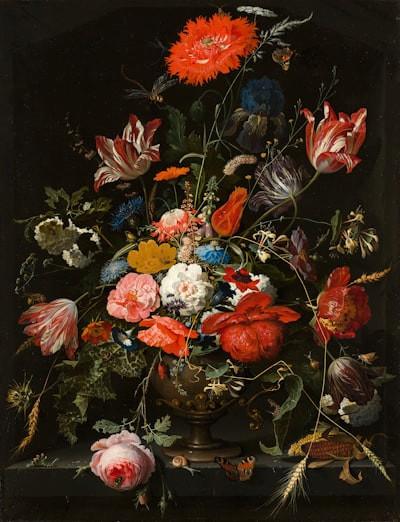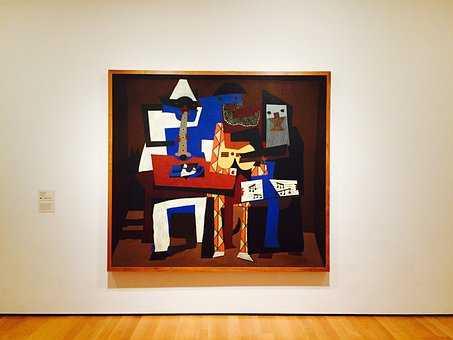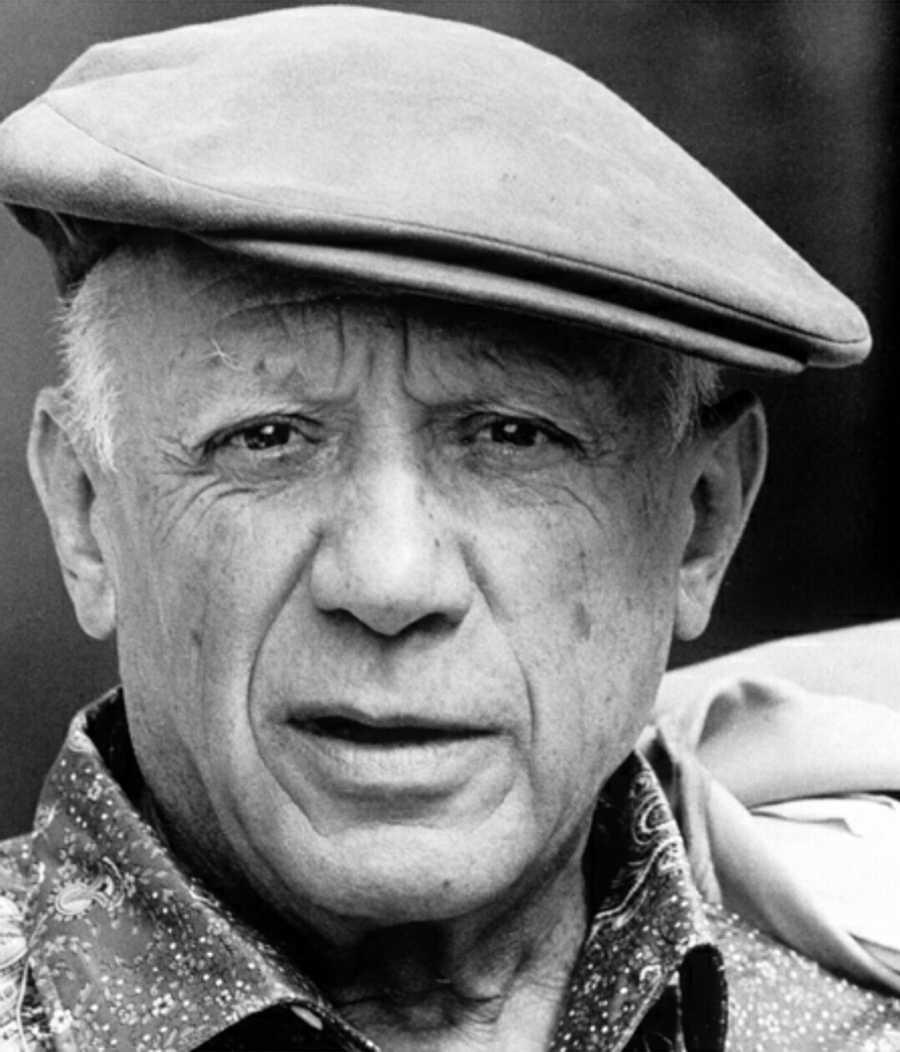Many Different Views of Abstract Art by Artists Past and Present - Manhattan Arts
Curated from: manhattanarts.com
Ideas, facts & insights covering these topics:
8 ideas
·2.05K reads
17
Explore the World's Best Ideas
Join today and uncover 100+ curated journeys from 50+ topics. Unlock access to our mobile app with extensive features.
Abstract Art: Many Shades And Hues
Visually different from figurative art, abstract art came in the early 20th century and used colours, lines, forms and shapes to create unseen compositions, with little or faint relation with the outside world.
It expanded upon the artist’s freedom of expression, imagination, inner turmoil, spirituality and spontaneity.
53
413 reads
Abstract Art: Contradictory Beliefs
Many historians and artists throughout the century have had contradictory opinions and beliefs about abstract art.
Some people find abstract art the true original expressions, and figurative art being a mere imitation of reality. Others call it a hidden reality, where traces of figurative art are removed and ‘abstracted’ to stoke the imagination.
48
224 reads
There is no abstract art. You must always start with something. Afterwards, you can remove all traces of reality.
PABLO PICASSO
62
337 reads
Abstract Art: Dreams On Canvas
Abstract art is like an ignition key, cranking up our own inner world of imagination and unlimited possibilities. The image in abstract art is bait. The real magic is in the feeling the overall work of art produces out of the onlooker.
The formless forms of abstract art create inner sounds that evoke sensations and make the person enter the realm of the transcendental.
51
214 reads
Abstract Art: Throwing Out The Rules
Abstract art is a no-art art that does not have any rules.
The abstraction is a freeing concept that allows the artist to tap into their intuition, innovativeness and even inner darkness to spill out what is felt inside, creating multi-dimensional magic on canvas.
51
190 reads
Nature And Abstract Art
Nature in some ways is abstract, and a merging of art with nature puts the power of the elements, the sun, water, earth, moon, air and light into the ethereal paintings of imaginary new worlds and metaphorical concepts.
51
247 reads
Abstract Art: No Boundaries
The spontaneousness of abstract art makes the entire process a journey of self-discovery, where the artist does not know where the brush and canvas will take him.
The structure and openness of abstract art are conducive to unexpected twists, turns and tangents, transmogrifying the content into a moving, speaking piece of work.
48
173 reads
Abstract Art: Beyond The Limits Of Thought
Figurative art and conventional photography have a limitation of simply imitating or reproducing on canvas what is already existing in reality, and thus is constrained to an extent.
Abstract art is powerful as it transcends the limits of thought and provides unlimited possibilities to explore the many dimensions of human emotions, with each artist using a unique, visual language of lines and colour.
56
252 reads
IDEAS CURATED BY
James Cooper's ideas are part of this journey:
Learn more about personaldevelopment with this collection
Leonardo da Vinci's creative process
How to approach problem-solving like da Vinci
The importance of curiosity and observation
Related collections
Similar ideas
5 ideas
How to Read a Painting
lifehack.org
5 ideas
A Beginner’s Guide to Art History
medium.com
2 ideas
There Are No Art Movements Today, Says Michael Rooks of Atlanta's High Museum
entertainment.howstuffworks.com
Read & Learn
20x Faster
without
deepstash
with
deepstash
with
deepstash
Personalized microlearning
—
100+ Learning Journeys
—
Access to 200,000+ ideas
—
Access to the mobile app
—
Unlimited idea saving
—
—
Unlimited history
—
—
Unlimited listening to ideas
—
—
Downloading & offline access
—
—
Supercharge your mind with one idea per day
Enter your email and spend 1 minute every day to learn something new.
I agree to receive email updates


